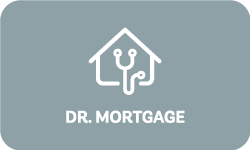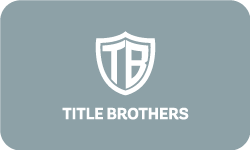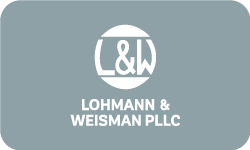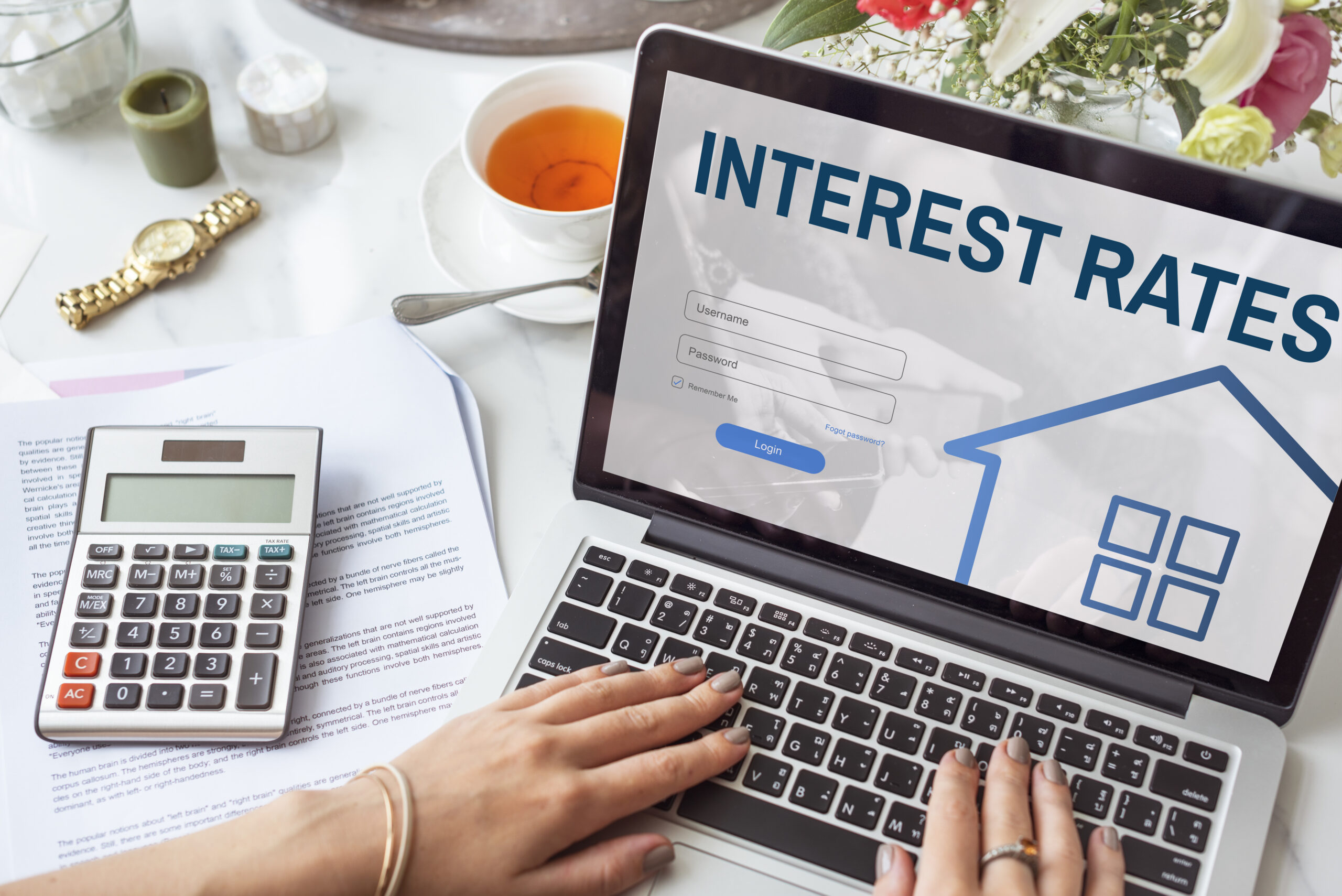At Dr Mortgage, we understand that every homebuyer has unique financial circumstances. That’s why we offer a diverse range of mortgage services for self-employed borrowers tailored to meet the needs of various buyers, also including those who are self-employed. While the mortgage application process may seem more complex for self-employed individuals, securing a home loan is entirely achievable with the right approach and preparation.
Traditional mortgage applications rely heavily on W-2 forms and pay stubs to verify income. Whereas, for self-employed individuals, the absence of these standard documents means lenders must assess income stability and reliability through alternative means. The primary concern for lenders is ensuring that your income is sufficient and consistent enough to manage monthly mortgage payments over the long term.
Meanwhile, mortgage for self-employed buyers usually comes with two challenges: fluctuating income and tax deductions that lower their reported earnings, lenders may require additional documentation to verify financial stability. Understanding these requirements ahead of time can help streamline the process and improve your chances of approval.
Steps to Getting a Mortgage
1. Organize Your Financial Documentation
Lenders typically require extensive documentation to assess the financial health of self-employed applicants. Usually, essential documents include:
- Tax Returns: Provide personal and business tax returns for the past two years. Lenders use these to evaluate income consistency and business viability. Be prepared to explain any significant income fluctuations.
- Profit and Loss Statements: These statements offer a snapshot of your business’s financial performance and help substantiate your income claims.
- Bank Statements: Supply both personal and business bank statements from the past few months to demonstrate cash flow and financial stability.
- Business License and Incorporation Documents: If applicable, providing documentation proving business ownership can further validate your self-employment status.
- Year-to-Date Income Statements: If your income fluctuates, a year-to-date statement can help lenders see the most recent trends in your earnings.
2. Maintain a Healthy Credit Profile
A strong credit score is crucial in securing favorable mortgage terms. To enhance your creditworthiness:
- Pay Bills Promptly: Ensure all debts and bills are paid on time to avoid negative marks on your credit report.
- Manage Debt Levels: Keep credit card balances low and avoid taking on new debt before applying for a mortgage.
- Monitor Your Credit Report: Regularly review your credit report for inaccuracies and address any discrepancies promptly.
- Reduce Outstanding Debt: Lowering your debt-to-income (DTI) ratio by paying down credit cards or loans can improve your mortgage eligibility.
3. Consider Alternative Loan Options
Traditional mortgages may not always be the best fit for self-employed individuals. Exploring alternative loan options can be beneficial:
- Bank Statement Loans: Also known as alternative documentation loans, these allow you to apply using 12-24 months of bank statements instead of tax returns to verify income.
- Stated Income Loans: Though less common post-financial crisis, some lenders offer loans where income is stated but not verified through traditional means. These often come with higher interest rates and stricter terms.
- Non-Qualified Mortgage (Non-QM) Loans: Designed for borrowers who don’t meet traditional lending guidelines, these loans consider alternative income verification methods and are ideal for self-employed buyers with complex financial situations.
4. Save for a Substantial Down Payment
A larger down payment can offset perceived risks associated with self-employment. Therefore, aiming to save at least 20% of the home’s purchase price can help you qualify for better loan terms and avoid private mortgage insurance (PMI). However, some lenders may accept lower down payments if other financial aspects of your application are strong.
5. Work with a Mortgage Professional
Navigating the mortgage landscape as a self-employed individual can be complex. Consulting with mortgage professionals who specialize in working with self-employed clients can provide valuable insights and tailored assistance. A mortgage broker or lender with experience in this area can help identify the best loan options and guide you through the process.
Misconceptions About Mortgage for Self-Employed Borrowers
Myth: Self-employed borrowers always need a higher credit score. While a good credit score is important, self-employed borrowers don’t necessarily need a higher score than traditional W-2 employees. Meeting other financial requirements can compensate for a lower score.
Myth: Self-employed applicants always pay higher interest rates. While some non-traditional loan options may have slightly higher rates, self-employed borrowers with strong financial profiles can qualify for competitive rates similar to traditional borrowers.
Myth: You can’t get a mortgage without two years of tax returns. While most lenders prefer to see two years of tax returns, alternative loan programs such as bank statement loans may allow you to qualify without them.
While obtaining a mortgage for self-employed borrower presents unique challenges, thorough preparation and understanding of the process can lead to successful homeownership. By organizing financial documentation, maintaining a strong credit profile, exploring alternative loan options, and working with mortgage professionals, self-employed buyers can secure favorable mortgage terms.
At Dr Mortgage, we are committed to providing personalized loan solutions that cater to the diverse needs of all our clients, ensuring that your path to owning a home is as smooth and straightforward as possible. If you’re self-employed and looking to buy a home, reach out to our team to explore your mortgage options today!
